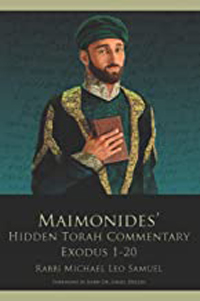Purim differs from the biblical requirement
The current practice is that Purim is celebrated as a one-day holiday. Cities that were walled at the time of Joshua’s conquest of Israel – most notably Jerusalem – celebrate Purim on Adar 15, as a commemoration of the end of hostilities in the walled city of Shushan, where the battles occurred on Adar 13 and 14. Elsewhere, the holiday is observed on the one day of Adar 14, to recall the cessation of the battle after the war on the thirteenth in all other places of Ahasuerus’s kingdom. [Rabbi Dr. Israel Drazin]
Purim differs from the biblical requirement Read More »
Israel Drazin-Rabbi Dr., Jewish History, Jewish Religion


